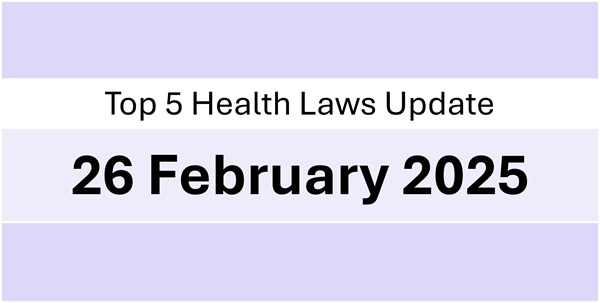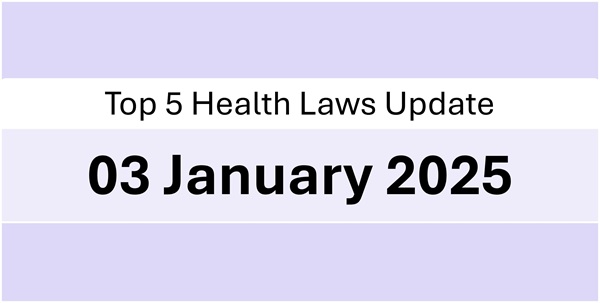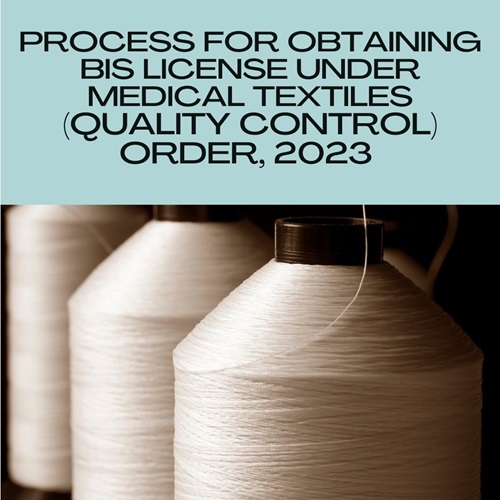Dear Readers, we are happy to share the most interesting legal and policy updates concerning health industry that we read today. we hope you enjoy reading it.
1. The Karnataka High Court has ruled that cases involving offences related to the manufacture, sale, and distribution of drugs and cosmetics under Chapter IV can only be tried in a sessions court. The magistrate court must send the case to the Sessions Judge for trial. The court clarified that while no court lower than a Sessions Court can try these offences, it does not mean that the Sessions Court can take cognizance of the case directly without a committal order from the Magistrate’s Court.
Source: bit.ly/41uSVNZ
2. The Kerala High Court ruled that a married woman can undergo IVF with donor sperm even if her husband exceeds the age limit under the Assisted Reproductive Technology (Regulation) Act, 2021 as long as he provides consent. The Court laid down that the age criteria apply individually to men and women, ensuring fair access to ART services.
Source: bit.ly/4gTEffT
3. The Ministry of Textiles has released a comprehensive list of technical textile products included under the Production Linked Incentive (PLI) Scheme. This list encompasses medical and hygiene textiles like baby diapers, sanitary napkins, surgical dressings, and compression stockings. The scheme is designed to enhance India’s production capabilities in healthcare textiles, increase global competitiveness, and create job opportunities.
Source: bit.ly/3F5jW1w
4. The European Commission is seeking feedback from stakeholders on a proposal to extend the option of providing electronic instructions for use (eIFU) for all medical devices, not just high-risk products. The Commission’s proposal suggests that manufacturers of medical devices and their accessories be permitted to provide instructions in electronic form, rather than on paper, for professional users, in line with Regulation (EU) 2017/745. This move aims to reduce paper waste and improve accessibility for healthcare professionals.
Source: bit.ly/41hBFdz
5. Amid the looming threat of a 25% tariff on pharmaceutical imports, Indian drugmakers, are confident they can remain competitive in the US generics market. Major Indian drug manufacturers emphasized that shifting production to the US isn’t feasible, and Indian companies will continue offering cost-effective alternatives despite the tariff.
Source: bit.ly/41hqCRL



